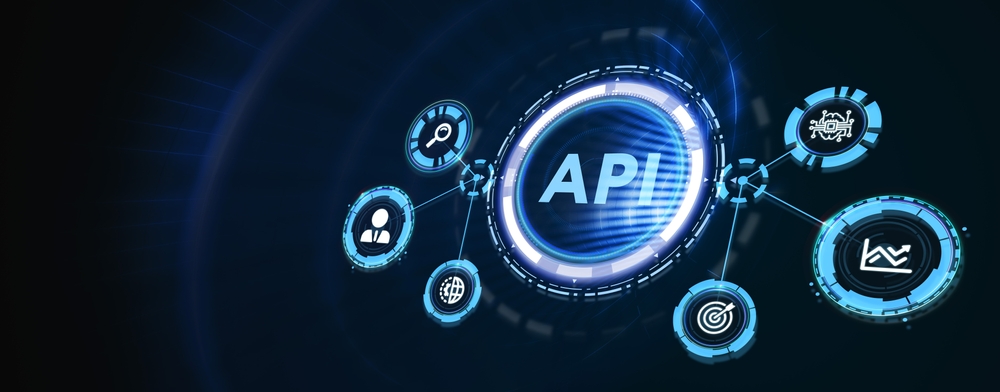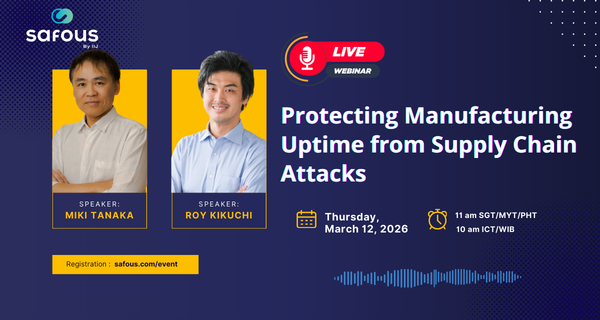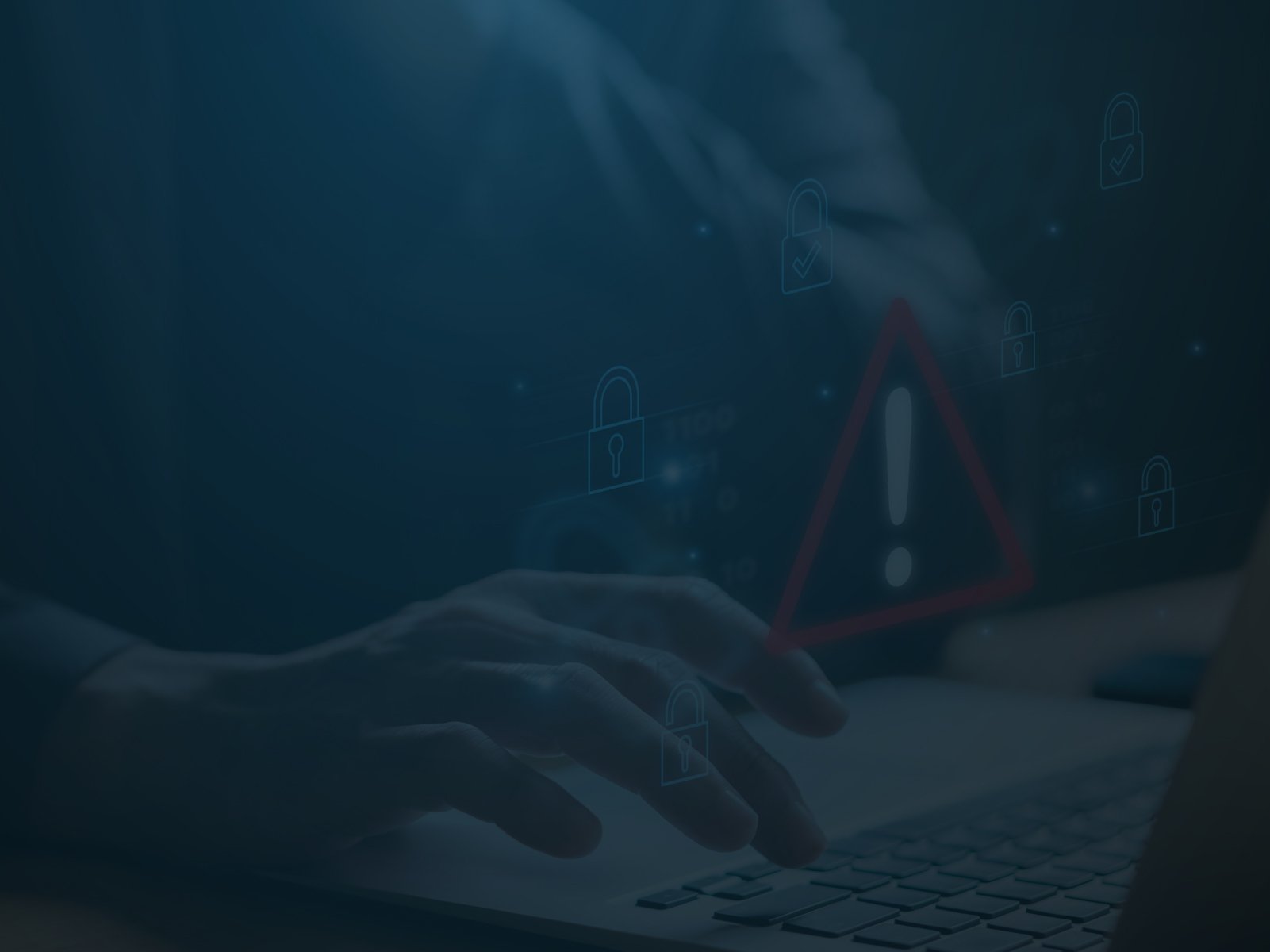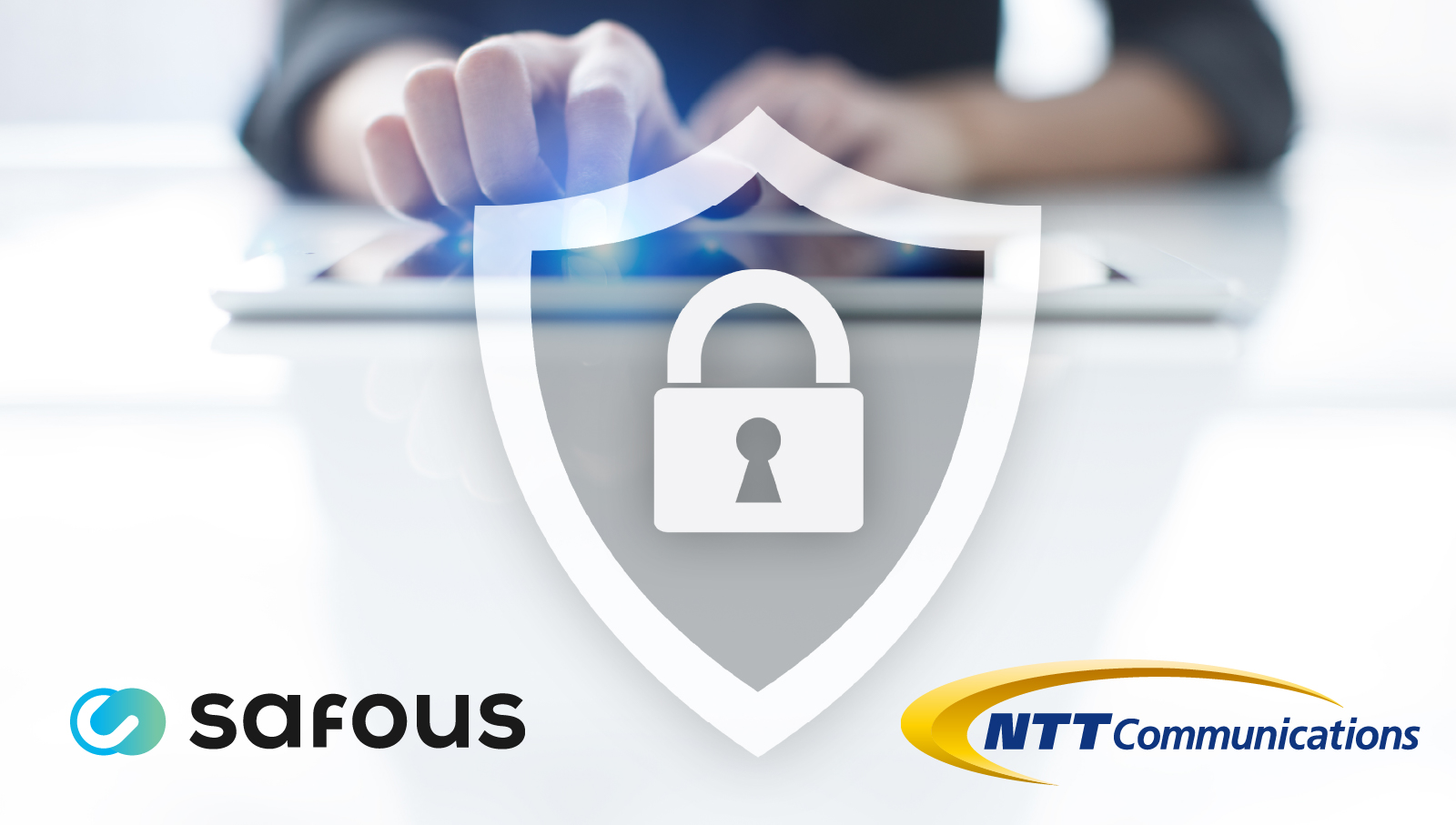What Is WAAP, and Why Is It Important?
Web applications are essential for customer engagement and service delivery in today's digitally-driven climate. But with 26 to 50 public-facing APIs powering the average application,1 modern web apps are a prime target for malicious parties looking to access an organization's resources and sensitive data.
Around 92% of businesses experienced an API cybersecurity incident last year,[1] so implementing better API protection measures should be a top priority for this year and beyond. In this blog, we're sharing everything business leaders need to know about using a web application and API protection (WAAP) solution – what they do, how they keep businesses safe, and how you can find the right solution today.
What Is WAAP?
WAAP refers to a set of cloud-based security services that work together to protect web applications and application programming interfaces (APIs) from threats. Whereas traditional security solutions only provide network-level security, WAAP is specifically designed to safeguard vulnerabilities in public-facing web applications and APIs.
WAAP solutions provide various security measures and tools, such as cloud WAF services, API protection, and distributed denial-of-service (DDoS) countermeasures, alongside additional services that help improve web application performance.
Why Is WAAP Important for Developers?
As modern web applications evolve, so do the techniques bad actors use to compromise app security. But while providing consumers with engaging digital experiences is a must for businesses to remain competitive, the tools used to build new web applications introduce significant security challenges for DevOps teams to overcome.
Unfortunately, traditional security tools can't provide comprehensive protection for web applications and APIs due to:
Port-Based Blocking
Traditional firewalls filter traffic according to whichever protocols and ports are currently in use. However, attacks targeting web applications and APIs can use the same web ports and protocols as users, so filtering out malicious traffic using this method is impossible.
Signature-Based Detection
Since threats against web applications constantly change, trying to combat them with signature-based detection solutions isn't effective. Cloud WAAP services offer continuous self-learning, which helps businesses stay ahead of ever-evolving application security threats.
App Distribution
Modern web applications are increasingly decentralized and distributed. Malicious parties use this expanded surface to launch automated attacks targeting API endpoints using sophisticated bots, which often go undetected by legacy security solutions.
Encrypted Traffic Inspection
Approximately 81% of all web traffic uses TLS encryption2, which helps keep sensitive client data private but makes it difficult to detect malware hiding in encrypted traffic. Encryption enables malware to slip through web application traffic undetected by most traditional solutions, but WAAP solutions can inspect TLS connections to identify any hidden malicious content.
Complex HTTP Traffic
Hackers often take advantage of app complexity to hide malicious content, and basic intrusion detection and prevention systems (IDS/IPS) don't offer an adequate level of security inspection to quickly isolate and protect against these hidden threats.
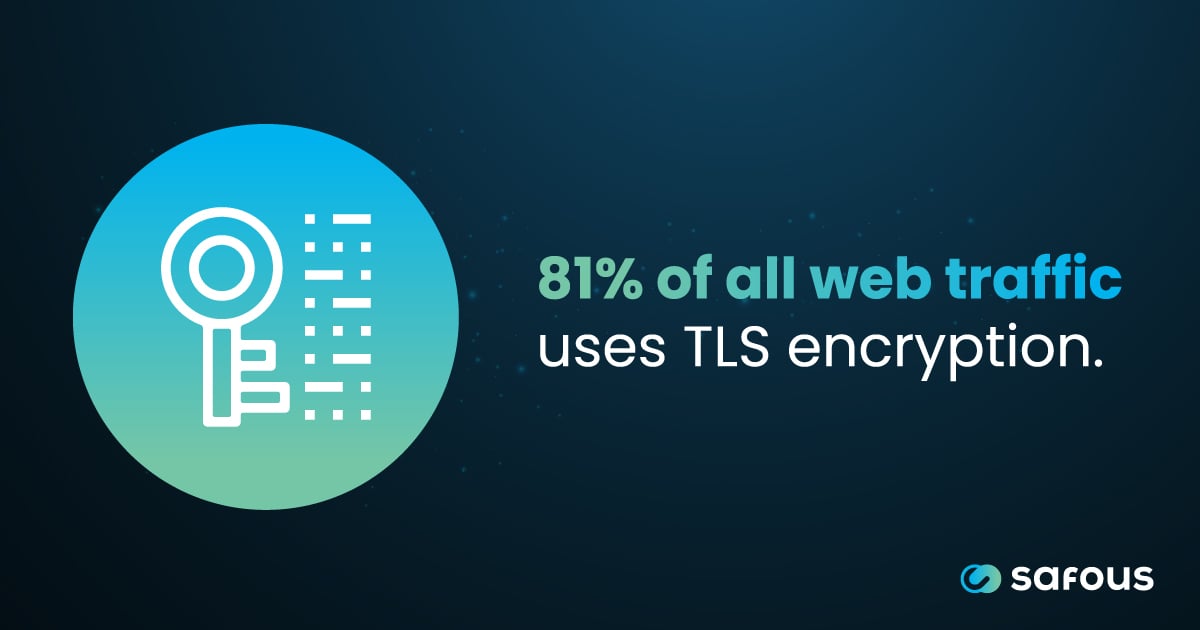
How Does WAAP Keep Businesses Safe?
WAAP services combine several security measures and mechanisms to safeguard your web applications and APIs against a broad spectrum of attacks. The core features of WAAP designed to safeguard businesses include:
Next-Gen Web Application Firewalls (WAFs)
A web application firewall functions as a barrier between a cloud web application and incoming traffic, analyzing API requests and responses in real time. Next-gen WAFs can perform tasks such as applying security rules and filtering web traffic using behavioral analysis and AI to identify and block attacks without relying solely on manual security rules and known attack patterns like traditional web application firewalls.
API Security
WAAP solutions offer API protection that involves authentication and authorization mechanisms, such as OAuth or API tokens. Many also offer features that can validate API requests and responses, protect against common API vulnerabilities, and properly handle sensitive data in API responses.
Malicious Bot Protection
Traditional security solutions typically can't distinguish between malicious and legitimate traffic, but bot protection tools use machine learning (ML) algorithms to detect malicious bots and launch various mitigation strategies to block suspicious traffic. They can also leverage threat intelligence feeds and databases to stay up-to-date on emerging threats and improve overall bot mitigation capabilities.
DDoS Mitigation
WAAP services actively monitor incoming traffic to identify potential DDoS attacks. If a DDoS attack is detected, traffic filtering and rate-limiting techniques are employed to block malicious traffic and keep it from overwhelming the app infrastructure. Some can even integrate with content delivery networks (CDNs) to mitigate traffic closer to the source, improving resilience against large-scale DDoS attacks.
Runtime Application Self-Protection (RASP)
RASP operates within the application runtime environment, enabling it to detect and respond to security threats targeting the web app or its APIs in real-time. RASP protects the web application while in operation by leveraging visibility into the app's behavior, code execution, and data flow.
Advanced Rate Limiting
WAAP tools use advanced rate limiting to control the rate of incoming requests to an API based on criteria like the number of requests per second, minute, or hour. It goes beyond basic rate limiting by employing sophisticated algorithms that can more effectively manage API traffic and protect them from abuse.
How Is WAAP Different From Other Security Measures?
WAAP tools differ from other security measures by focusing on cloud web application and API protection. While other security measures provide broader protection for the entire infrastructure, such as compromised credentials or vulnerabilities in a third-party cloud solution, WAAP zooms in on the specific vulnerabilities and risks associated with web applications and APIs. Here are some key differences between WAAP and other security solutions:
Targeted Protection
WAAP specifically addresses the unique security challenges developers face with enterprise web applications and APIs, including threats like data dumps and API abuse. Legacy security tools typically don't address these application-level vulnerabilities, leaving web applications open to misuse by bad actors.
Layered Application Security
WAAP services employ multiple security measures, including mechanisms like WAFs, authentication and access control, encryption, API protection services, and more. This multi-layered approach is tailored to application and API environments, offering comprehensive protection against both known and emerging threats.
Developer-Centric Approach
Web application and API protection services emphasize developers' involvement in building secure applications. Developers are responsible for implementing secure coding practices, input validation, and API design. While other security measures are important, they often don't involve developers as directly.
Granular Control
Cloud WAAP services provide granular controls at the application level, including fine-grained access control, rate limiting specific to APIs or application endpoints, input validation for user-supplied data, and protection against common web application vulnerabilities.
Compliance With Web Application Standards
WAAP aligns with best practices and standards specific to web application security, such as the Open Web Application Security Project (OWASP) Top 10. These measures help ensure your business complies with industry-specific regulations and security guidelines for web applications and APIs.
Development Lifecycle Integrations
WAAP tools often integrate into the development lifecycle seamlessly by offering tools, frameworks, and security testing capabilities for developers to incorporate. These integrations help identify and correct security vulnerabilities early in the development process to reduce the overall risk exposure.
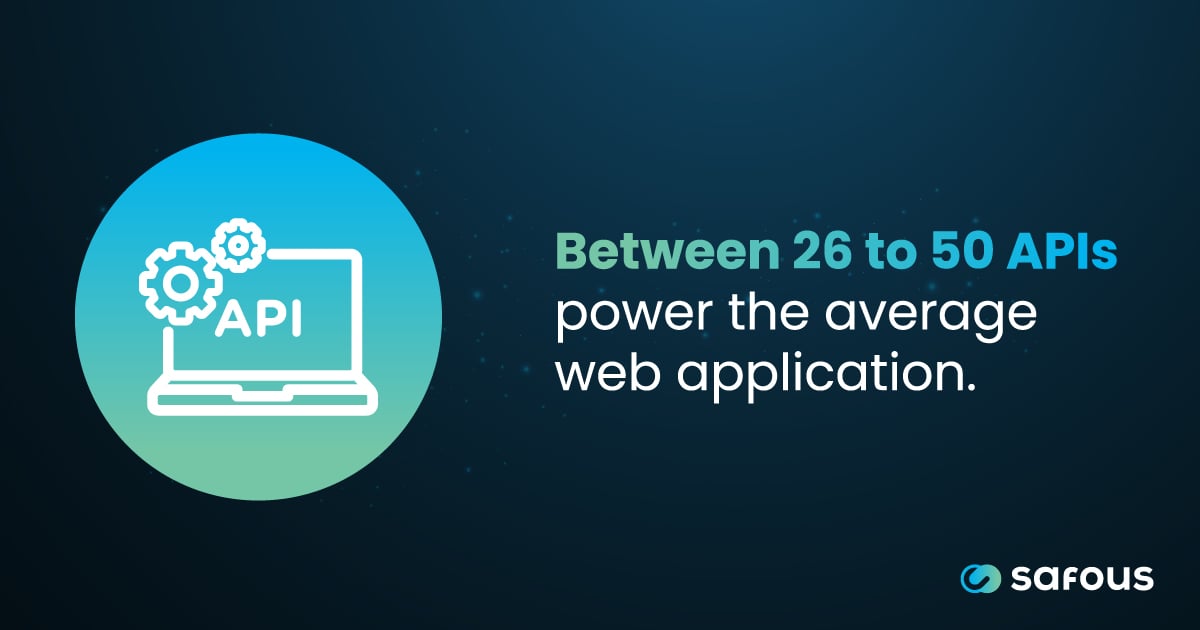
What Should Businesses Look For in a WAAP Solution?
As with every business technology, not all WAAP services are created equally. Here are a few considerations to keep in mind when evaluating if a web application and API protection solution is right for your organization:
Compliance and Regulatory Support
If your business operates in a regulated industry, check whether your potential cloud WAAP solution supports compliance with relevant security and privacy regulations. It should help your teams comply with the Payment Card Industry Data Security Standard (PCI DSS), General Data Protection Regulation (GDPR), or other industry-specific regulations.
Comprehensive Security Coverage
Look for a solution that addresses a wide range of security threats to provide complete coverage for web applications and APIs. It should offer protection against common attacks such as SQL injection, cross-site request forgery (CSRF), and more, as well as include features like bot mitigation, DDoS protection, and other important security measures.
User-Friendly Management Interface
An intuitive interface can help your IT teams monitor and manage your solution more efficiently. Look for an easy-to-use interface that allows you to manage security policies, monitor security events, and configure settings without extensive technical expertise.
Flexibility and Customization
Every business has unique security requirements and infrastructure setups, so make sure the WAAP solution you're considering offers flexibility and customization options to align with your specific needs. It should allow you to define custom security rules, policies, and configurations tailored to your applications and APIs.
Advanced Threat Intelligence
Your web application and API protection solution should be able to leverage advanced threat intelligence and research to stay updated with the latest API-based attack techniques and patterns. It should have tools to continuously update its security rules and signatures in order to effectively address emerging threats.
Ease of Integration
Evaluate how easily the solution can integrate into your existing infrastructure, development processes, and security ecosystem. It should be compatible with your web application frameworks, programming languages, and API management platforms and seamlessly integrate with your other security tools and services to streamline operations.
Vendor Reputation
Consider the reputation and track record of your potential WAAP solution vendor. Evaluate the level of support they offer, including documentation, technical support, and professional services, and look for customer reviews and references to gauge their commitment to customer success.
Safous: Your Partner for Next-Level WAAP Solutions
If you're ready to find the best web application and API security tools to protect your business, Safous can help. Our new security service, Safous WAAP, is the world's first API protection designed to eliminate vulnerabilities using zero-trust access technology. Our unique approach differs from basic WAAP solutions by hiding APIs from the public internet, rendering common WAAP functions unnecessary and enabling businesses to protect their APIs for less than half the price of a solution from another company.
Safous WAAP offers:
- Complete API endpoint protection for less, thanks to our authentication-based, zero-trust access approach.
- The ability to add DDoS protection and WAF functionality to your API endpoints using zero-trust access technology.
- Strong API authentication and authorization measures that are easy to configure and manage through the admin portal.
- A unique approach to WAAP that hides your APIs from the public internet to protect from risks such as data leakage and unauthorized app access.
- An intuitive, user-friendly admin portal that makes it easy to install, configure, and manage your web application and API protection tools.
Book a demo today to get started with Safous WAAP, so you can rest easy knowing your business is secure from API-based cyberattacks.
Sources:
Receive the latest news, events, webcasts and special offers!
Share this
You May Also Like
These Related Stories
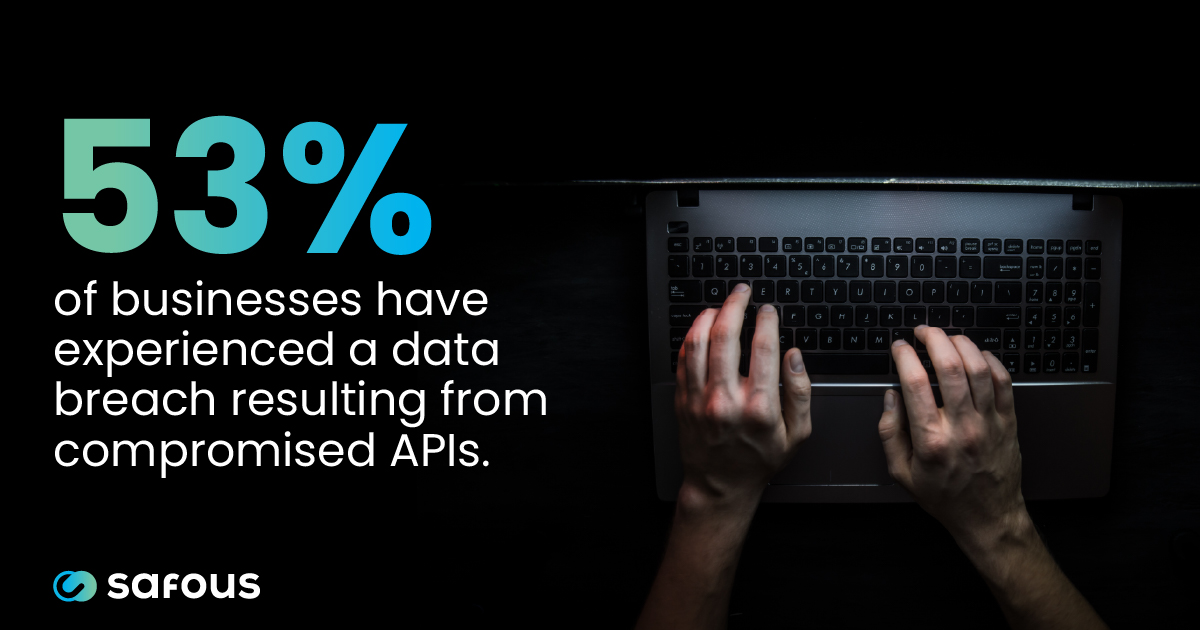
WAAP to the Rescue: Why Is It Better Than WAF?

How ZTA and WAAP Solutions Work Together To Secure Your Business
